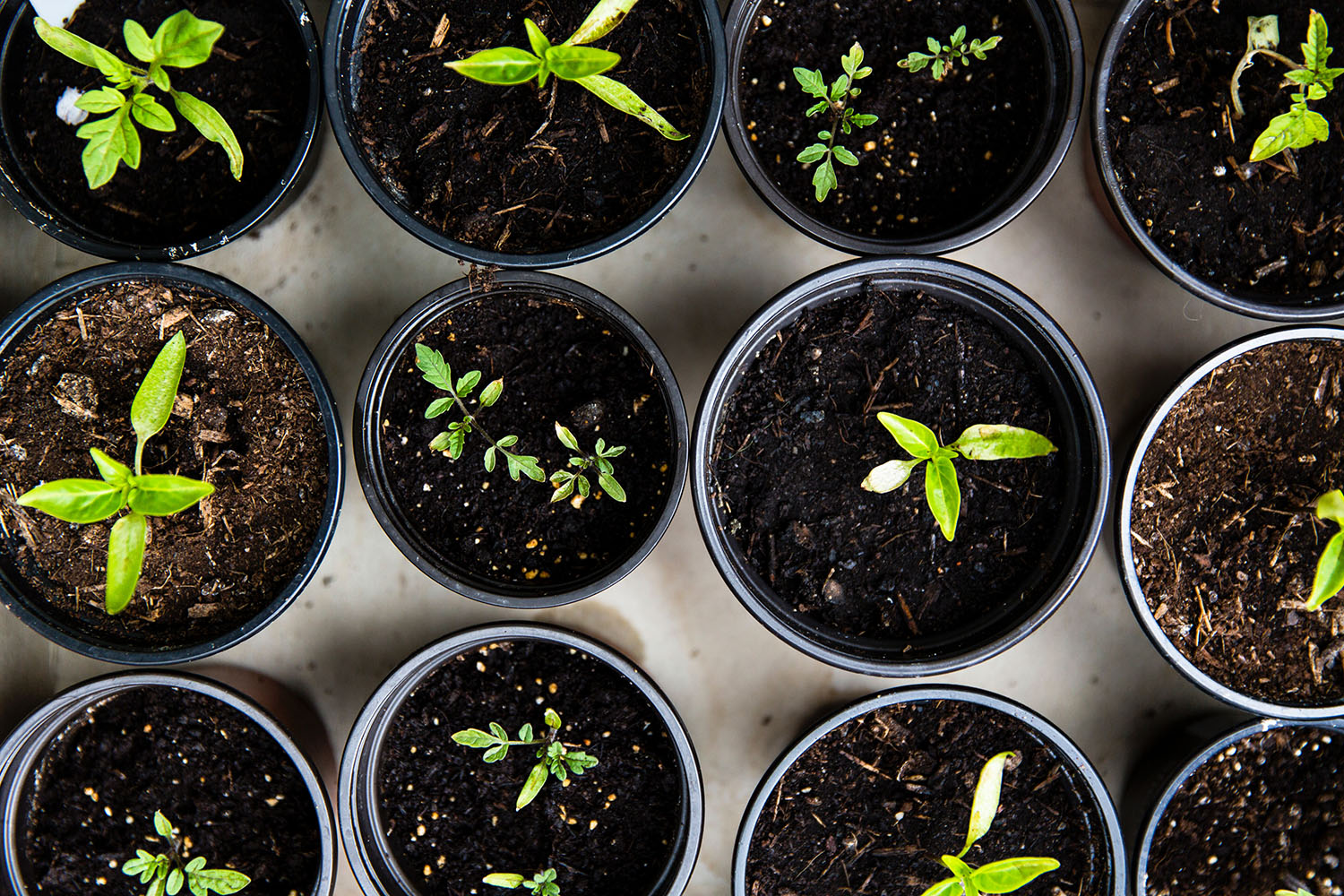The Bible is like a compost pile.
I like this image and I wish I had thought of it, but it comes from Walter Brueggemann’s Texts Under Negotiation. I came across this many years ago, and—despite the documented fact that I am the worst gardener ever—it’s helped me see the Bible in a more realistic and spiritually constructive way.
The Bible is the compost pile that provides material for new life. I do not use this figure as an irreverent metaphor to suggest that the Bible is “garbage.” Rather, I use it to suggest that the Bible itself is not the actual place of new growth. Our present life, when we undertake new growth, is often inadequate, arid, or even barren. It needs to be enriched, and for that enrichment, we go back to the deposits of old growth that have been discarded, but that continue to ferment and may contain resources for a way to new life. (Texts Under Negotiation, pp. 61-62)
Like Brueggemann, I don’t take the compost pile as a disrespectful metaphor, but a metaphor that explains what the Bible is suited to do—and how people typically, instinctively, approach it anyway.
By contrast, an unhelpful metaphor is a cookbook.
Read the Bible carefully, being sure to follow the directions, and out will pop a good, orthodox Christian with his or her act together. If something goes wrong—if you have wrong doctrine or do bad things—you’re not following the directions carefully enough. Go back and try it again.
I’ve found the Bible doesn’t work very well as a cookbook. Sooner or later you wind up sifting through the Bible to pick the ingredients that you like and ignore other ingredients that don’t taste very well with what you are trying to cook up. Plus the Bible is long, complicated, and most of it looks like you’re reading a novel with multiple plots and subplots, not a cookbook.
The compost pile works better for me. It syncs with my study of Scripture, with my experience over the years as someone trying to figure out this following Jesus business, and with what I have learned from the wisdom of others, living and dead.
The compost pile analogy reminds me that focusing our gaze on the Bible is like looking expectantly at the compost pile rather than the fragrant rose or luscious watermelon that is waiting to grow up out of the ground. But nothing grows when our days are spent guarding the compost pile, defending it, covering it up with a tarp of manicured sod to make it look more civil.
Maybe this is a paradox:
The Bible is not the end, but a means to an end. Yet, without the nutrients the Bible contains, the soil remains arid.
“Applying the Bible” doesn’t quite get at it. That comes across to me as a bit quiet and clean. Gardening is full of grunting, sweat, dirt—and sometimes holding your nose. Read the Bible with a pitchfork, garden rake, and shovel in your hands—not with rubber gloves and tongs delicately turning over crackling pages of an ancient book.
***The original version of this post appeared in December 2012. A theme in The Bible Tells Me So (HarperOne 2014) is the contrast between the Bible as a cookbook (or owner’s manual, operating instructions, field guide for Christian life) and the Bible as a diverse model for diverse spiritual experiences.***
[I moderate all comments and allow all but the most nasty through. Please be patient as it can sometimes take me several hours or even a day to get to them.]


